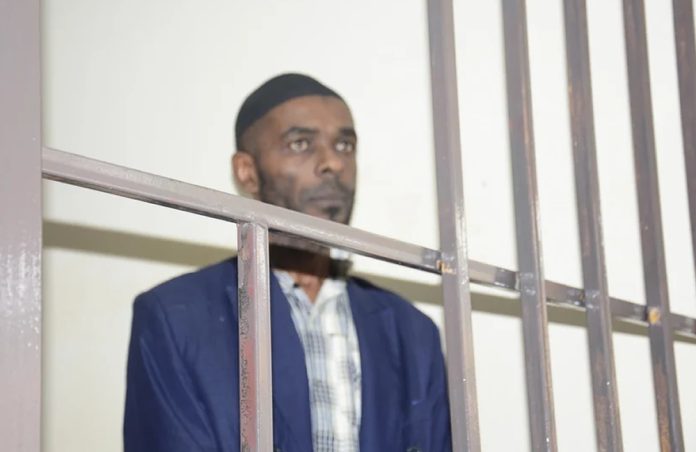A mini-survey conducted to determine the number of nomadic pastoralists in Acholi, in response to Executive Order Number 3 of 2023, has reported a total of 217 pastoralists in Acholi Sub-region.
Brig. Gen. Michael Kabango, the Commander of the 4th Division in Gulu, disclosed this information during a meeting involving members of the Inter-Ministerial Technical Committee and various leaders in northern Uganda. The purpose of the meeting was to investigate pastoralist activities ahead of the implementation of the Executive Order.
The executive order, issued by President Museveni, describes the nomadic pastoralists as individuals from Ankole-Mpororo, ancient Bunyoro, parts of Congo, Tanzania, and Rwanda who have migrated to Acholi, Teso, and Karamoja regions without the required permissions from the Ministry of Lands and Ministry of Agriculture. The order calls for their eviction.
Furthermore, these pastoralists are accused of allowing their livestock to graze in unfenced areas and trample on crops, leading to food insecurity. According to Brig. Gen. Kabango, Amuru district has the highest number of non-compliant pastoralists in Acholi, with 86 individuals, followed by Pader with 45, Gulu with 44, Nwoya with 37, and Lamwo with 5 non-compliant pastoralists. Together, they are collectively rearing 2,700 cattle.
The eviction and verification process for these non-compliant pastoralists will commence once logistics are in place and the remaining pastoralists are verified. Grace Freedom Kwiyocwiny, the State Minister for Northern Uganda, announced that the registration of all pastoralists in northern Uganda will begin this week.
Kwiyocwiny emphasized that the registration and verification process will include gathering information about their locations, families, and the number of cattle they own. A final decision regarding eviction will be made based on this data. Preliminary figures shared by Kwiyocwiny in August indicated that there are approximately 5,300 cattle keepers operating on nearly 898 cattle farms in northern Uganda, with each farm having between 100 to 800 herds of cattle.




















